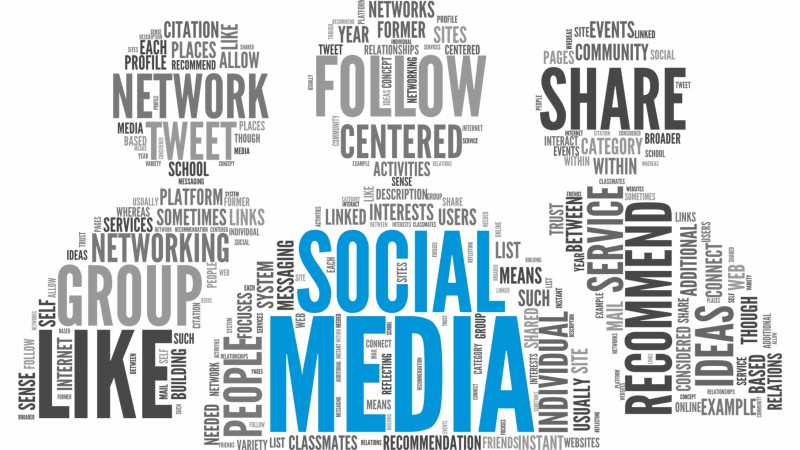Is social media against free speech?

Social media has become a global phenomenon. All the social networking sites are being extensively and routinely used throughout the world. Most frequently used today, Facebook has approximately 1.8 billion users. YouTube, Twitter, Instagram and other social media outlets, likewise, are rapidly increasing their global footprint and user base.
What happens in one corner of the world can be read, heard, and seen almost simultaneously in another. Social media provides a context where people across the world can communicate, exchange messages and pictures, share knowledge, and interact with each other regardless of the distance that separates them.
The breadth and impact of social media on our society is tremendous. In less than a decade, it has disrupted journalism, influenced global politics, and altered commerce by providing a platform for instantaneous global communication. Today, Social media has become a lifestyle, not only for professional purposes but by becoming a prime part of our personal and private lives as well.
Social media is a venue where one can express his or her views, no matter how favorable or abrasive. People post whatever they want and thrive for likes comments shares and followers, ignoring the backdrop of social media. Expression of one’s thought is no more a personal matter. Views pertaining to sensitive issues like race, culture, religion and nationality can either become influential or extremely turbulent. Despite the vast differences in freedom of expression across the world, the one constant is that each nation has developed its own set of standards that comport with what society or government there believes is in the best interests of that society.
When it comes to legal systems, each nation defines what it wants to permit as acceptable speech by its citizens. What is shared at a moment can get viral at the other, imposing threats to various innocent lives. What is freedom of speech for one person can be considered as an attack on the other, therefore, causing the person who has posted something in the name of freedom of speech to get caught in a legal trouble or receive utter hatred.
Another major backlash of using social media as our prime source of information and sharing our notions is that it does not distinguish between fact and fiction. Also, the media does not hesitate to report untruth when it suits its interests.This has frightening implications that have already surfaced. What social media does not communicate is whether the image, video, or story is real or staged, misinformation and fact coexist.
Most of the people, especially the youth can get easily swayed by whatever they see. Public opinion can be easily manipulated by using misinformation to promote an agenda. This poses an existential threat to democratic societies and the rule of law.
Well, there is no denying the fact that social media is the best forum to reach the minds of massive audience. But what needs to be overlooked is that lies spread quickly on social media. Whether it is fallacious stories designed to look credible, clickbait-y and misleading headlines or edited Tweets, the sheer volume and reach of fake news is astounding, and the repercussions are real.
The only thing that will solve this problem is making it a point to laud fact-checking and truth-seeking above viral posts and reductive arguments. There needs to be a cultural shift away from “seeing is believing.”
Social media posts are often launched into the digital universe before they’ve gone through any type of approval process. The results can range from mildly embarrassing, to the downright offensive. We must be mature and cautious enough to know both, the boon and the bane of social networking sites and make use of them with wit and smartness.





